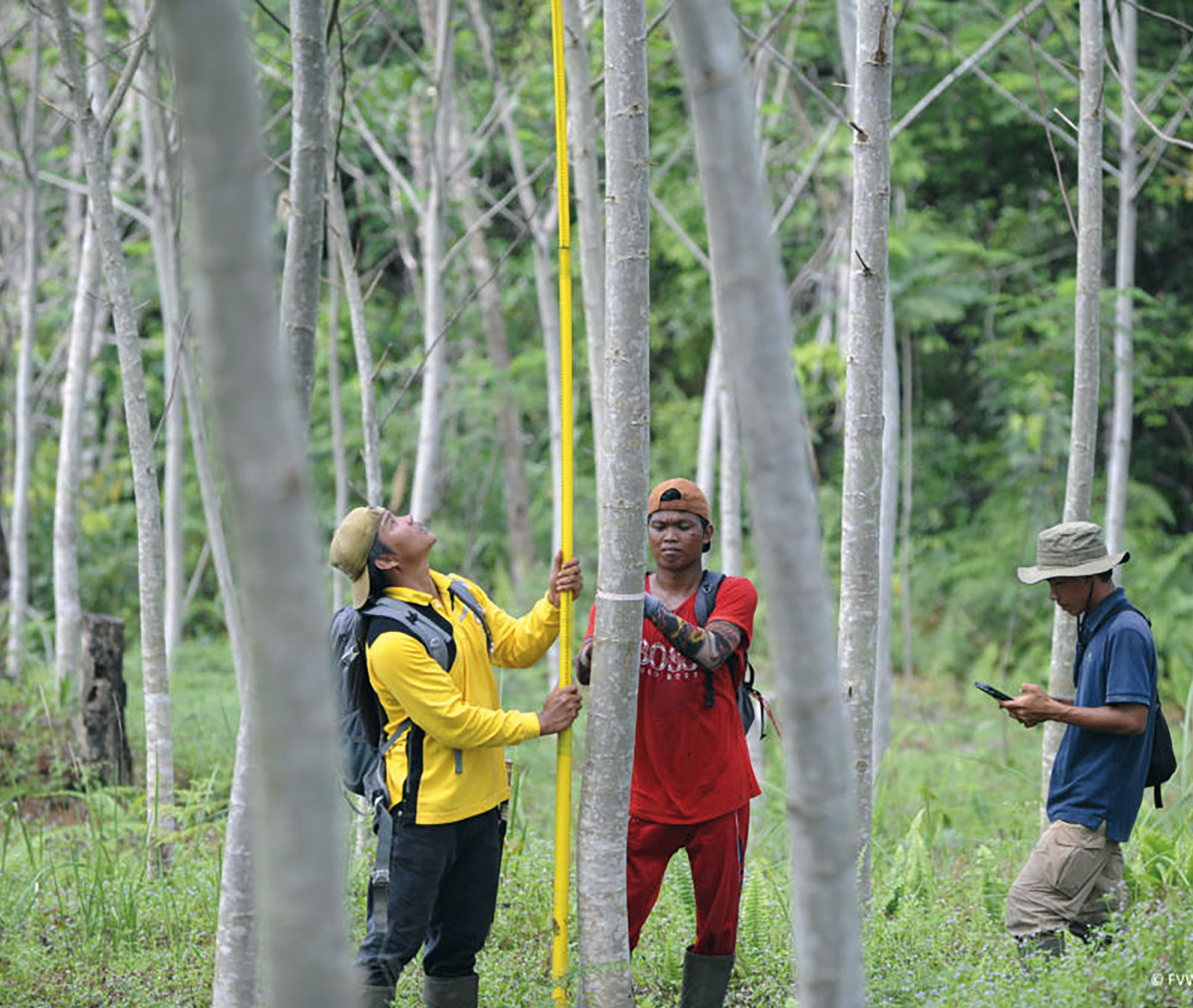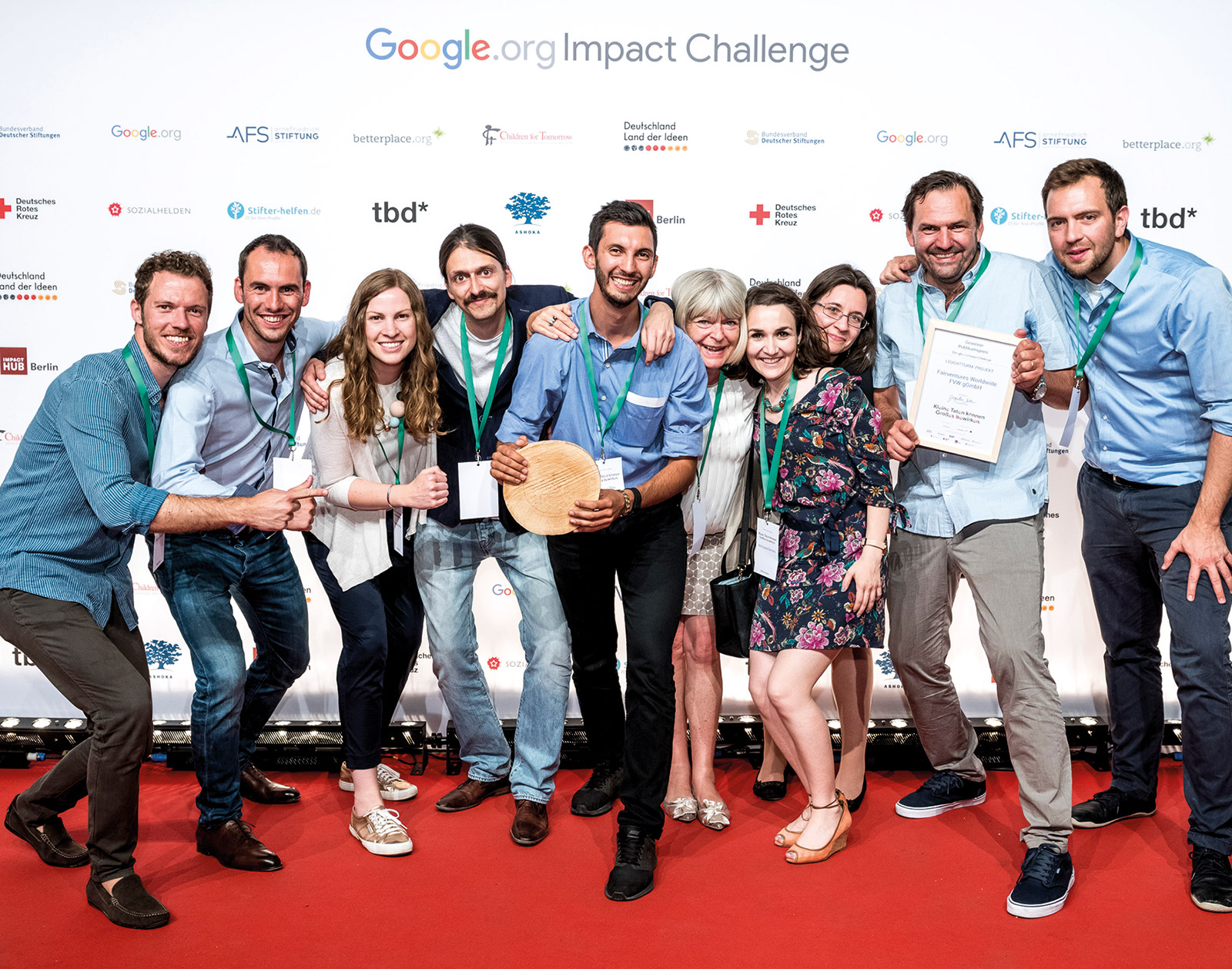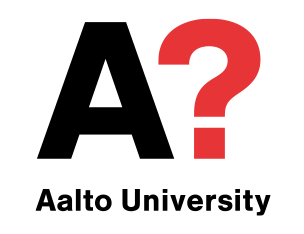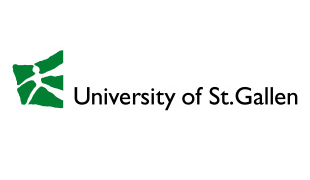
What do you get when you mix mobile phones, photographs and artificial intelligence (AI) with a rain forest in Borneo? Ask CEMS alumnus, Jonas Bohm, and he’ll tell you: the answer is TREEO.
TREEO is a stunningly innovative project currently being rolled out in Borneo’s Gunung Mas District by Fairventures Worldwide from Stuttgart and supported by Bridge17.org, the start-up co-founded by Jonas and Nicola Terrenghi in 2017.
Leveraging machine learning to collect and disseminate data from forests, TREEO is connecting smallholder farmers with nurseries, micro-financers, end-customers, local communities and government, creating positive feedback loops and driving efforts to arrest deforestation in one of the most critically affected areas on the planet. And it’s garnering plaudits from all sides along the way. Last year, the project picked up the Google Impact Challenge prize, pocketing half a million euros that will help it scale.
The CEMS Magazine sat down with Jonas Bohm to find out more about AI, trees and Borneo – and what makes him such a reluctant social entrepreneur.
Jonas, congratulations on winning the Google Impact Challenge for TREEO. Could you tell us more about the project and how it works?
TREEO is basically all about bridging the data gap between forestry farmers, investors and end-customers. One of the biggest roadblocks for all three groups is the lack of reliable and accurate information about trees – the different species, health, growth, size and age of trees, and who their legal owners are. Track-and-trace mechanisms that rely on field visits or surveys are hugely susceptible to inaccuracy (or even fraud) which can put investors off and stymie sales. Typically the kind of data generated this way is less than 50% accurate.
We reasoned that even in the most remote places on the planet, people have access to smart phones with high-quality, in-built cameras. In other words, they can record the growth and progress of their plants over time using the phone in their pocket. On that basis, we designed a very simple AI model that can be installed on smart phones anywhere in the world, to read data and information from the images taken. This data can then be used by farmers to improve methods. It can also be shared on the marketplace to drive business, and with investors to accelerate sustainable farming and reforestation.
In a sense, we are combining the most ancient technology in the world with the very latest advances – photosynthesis combined with AI – to change the system and bring data accuracy up to nearly 90%.
And you’ve piloted the project in one of the most remote places on the planet?
Yes. We piloted in Gunung Mas, in the central Kalimantan province of Borneo, in April 2018. The AI app has been installed in the smartphones of smallholder foresters in the region, and the idea is that they go out once a year and take photos of each of their trees. We then take the data and add it to our data base.

It’s way less error-prone than existing measures being used in places like Borneo, because we have the time stamps, we have metadata that can be verified, we have the pictures themselves and the GPS points. We can also correlate all of this with drone and satellite images.
We feed the data back to the farmers and share it with banks and micro-investors looking to make loans to foresters in Borneo, who need hard, quality data on which to base their decisions. Then we share it with customers such as processing plants and furniture companies around the world who need to regulate their timber supply. So the whole value chain is enriched.
Right not we’re working with local farmer organisations that are helping us bring the project onto the market and we’re pretty confident that we are going to be scaling fast in the coming year.
Jonas, you are a CEMS graduate from Aalto and you hold a PhD from St. Gallen. You could have chosen any number of professional paths. What was it that inspired you to work in social enterprise and in climate change in particular?
I honestly think it’s just a sense that we have so much knowledge at out fingertips, and the potential to use this knowledge to create something genuinely useful that can have impact on the world.
With Bridge17, our raison d’être is to address the UN’s 17 Sustainable Development Goals using digital knowledge and technology to bridge information gaps. Starting up, we got ourselves out there into the field and brainstormed with different groups around the different kinds of business models that could generate profit, but at the same time deliver impact.
The key driver with the TREEO initiative was winning the Google Impact Challenge last year, which gave us the resources and the financing to kick off the pilot.

Starting up in any field is usually a pretty steep learning curve. What kinds of takeaways can you share from the last 12 months?
I think one of the major pieces that has driven us forward has been the sheer gratitude and the thanks that the major beneficiaries – the farmers themselves – have given us. In some cases, people have been moved to tears by the fact that someone else cares about them, their forests and their livelihood. This has been as humbling as it is rewarding.
Then from a business perspective, I’d say one of the key things has been discovering how hard it is to break the logic of a space that you are trying to disrupt in some way.
The business and the sustainability sectors work in their own ways. I went into TREEO thinking that the ideas that we were trying to introduce would be universally welcomed. But in practice it’s been much harder than I’d anticipated. People understand your value proposition, but you’re still grappling with a resistance to change that can make implementation and execution very sluggish.
Finally, I think it’s also just about being exposed to hard work – and new experiences. Launching the pilot in Borneo, at times I found myself sleeping on a floor and showering in a river. But that’s just what you have to do. And it’s part of the adventure.
It sounds like you are very committed to your work! You obviously hold to the belief that social entrepreneurship is not only worthwhile, but holds many answers to some of the biggest challenges we face. Is that a fair assessment?
It is. I think we need to be clear that having impact shouldn’t just be left to non-profits and NGOs who often lack scale and speed that businesses and technologies can deliver.
Personally I am not a big fan of the term “social entrepreneurship” because it makes a distinction that I don’t think needs to be there.
Anyone trying to build a long-lasting enterprise should have a sense of sustainability in mind. After all, what you want is to have a sustainable business. I think that it’s incumbent on entrepreneurs from any walk of life and in any sector to re-think the notion of sustainability and broaden their definition of it.
I wouldn’t call myself a “social entrepreneur” as I reject the kind of do- gooder associations that I think devalue or dilute the powerful business logic of what we are trying to do.
My co-founder, our team and I are simply entrepreneurs who have a broader understanding of sustainability. And who welcome the possibility of doing good in the world that we all live in.
Contributors
Jonas Bohm, University of St.Gallen / Aalto University School of Business / Google
Bettina Meinardus, Interview Partner will be Sven Harmeling, Global Policy Lead on Climate Change and Resilience, CARE (Germany)



